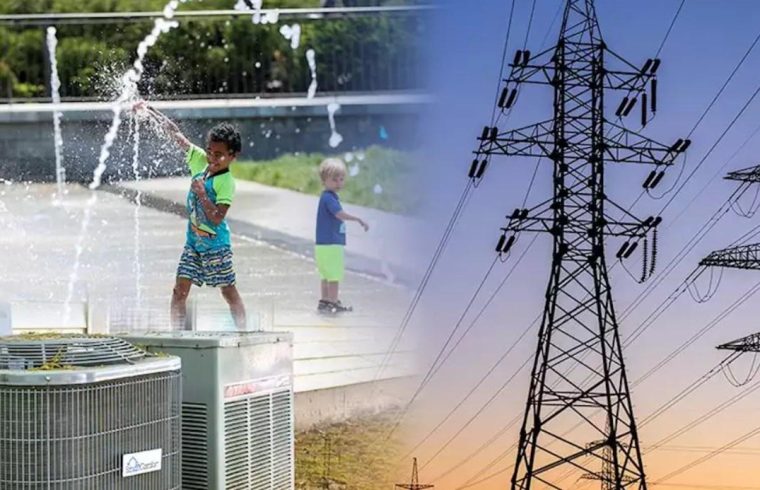Natural gas prices surpassed $9 BTUs before easing, contributing to a 196 percent increase over the previous year and underlining the likelihood of power shortages this summer.
In its Summer Dependability Assessment report, the North American Electric Reliability Corporation (NERC), a nonprofit organization founded to enhance the reliability and adequacy of bulk power transmission in North American electric utility networks, has warned of widespread summer blackouts.
The National Renewable Energy Laboratory (NERC) has issued a warning that some lowlights in the Midcontinent ISO (MISO) area, which covers the Midwest United States, Manitoba, Canada, and a southern United States region that includes much of Arkansas, Mississippi, and Louisiana, are experiencing capacity shortages in their north and central areas, posing a high risk of energy emergencies during peak summer conditions.
The objective of NERC is to monitor all of Canada’s and the contiguous United States’ linked electricity networks, as well as a section of the Mexican state of Baja California, making its evaluation all the more depressing.
States have begun to prepare for the worst. Governor Gavin Newsom of California is considering keeping a nuclear power plant operational to compensate for the loss of hydropower due to the drought.
Residents in Texas are being asked to save power throughout the summer to avoid blackouts. They warn us that severe drought in most of Texas might result in meteorological conditions conducive to long-term, wide-area heat events and high peak energy demand.
They also warn that high heat raises peak demand and can be accompanied by weather patterns that cause more forced outages or lower energy output from all resources.
Due to a combination of high peak demand, low wind, and high thermal generator outage rates, system operators may be forced to adopt emergency procedures, including temporary manual load shedding.
Some claim climate change is to blame, but it’s possible that the battle against climate change is to blame. Perhaps wind and solar power should not be used to replace coal facilities. Wind is unreliable, and when wind turbines are deactivated, they end up in landfills.












